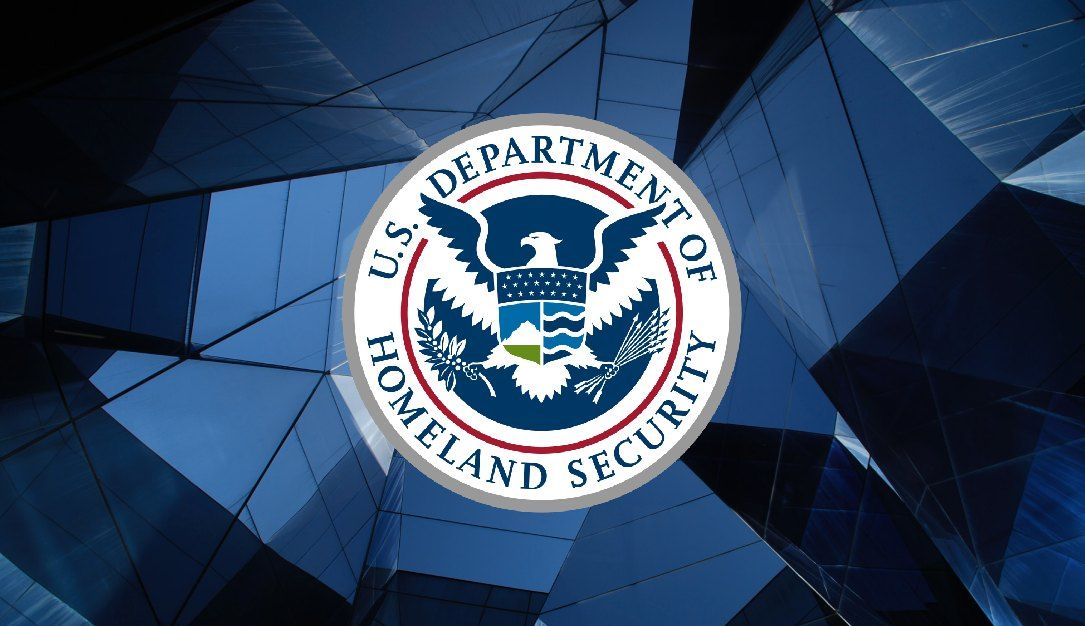The U.S. Department of Homeland Security will this week host the first cybersecurity summit of its kind with leaders from Latin America, which has increasingly become a hotbed of criminal digital activity and state influence efforts. China.
The two-day “Western Hemisphere Cybersecurity Conference,” attended by nearly two dozen countries and beginning Wednesday, was inspired by a visit from Homeland Security Secretary Alejandro Mayorkas. made in Ecuador late last year, where he saw first-hand that the country was “at a very formative stage in the development of its cybersecurity protocols.”
“I met with the head of its cybersecurity agency, a very nascent agency, and I realized upon my return that what Ecuador was experiencing to meet its need to accelerate its cybersecurity efforts was something common to other Latin American countries,” Mayorkas said Tuesday. during a virtual webinar with journalists.
The meeting comes after major cyberattacks hit the region, especially in Costa Ricawhere ransomware attacks carried out by the notorious digital crime gang Conti have crippled the country’s medical, government and business systems.
This attack prompted the United States to announce it would provide $25 million to strengthen Costa Rica’s cyber defenses against threats from ransomware and other hacks. Last month, Anne Neuberger, deputy national security adviser for cybersecurity and emerging technologies, discussed how the country could host a future cybersecurity center for the region.
“I expect it will be a topic of discussion,” Mayorkas said. “We are exploring the opportunity of a hub and we will discuss different models to achieve digital cybersecurity. I think that highlights the need for this and the fact that this conference is a working conference.
At the same time, China is working to expand its presence in the region, particularly in Ecuador, where the government has deepened its ties with Beijing in various ways.
“We are seeing increasing exploitation of infrastructure by adversarial nation states and, to cite a very prominent example, the People’s Republic of China and its Silk Road digital initiative is something that we need to ensure is do not create vulnerability among our partners and in our country. interconnectivity, and I will talk about it at the conference,” Mayorkas said.
Beijing’s attempts to gain a foothold “create a greater level of vulnerability rather than a source of strength when it comes to cybersecurity,” he told reporters, adding that he would emphasize that countries participating in the conference must “maintain the independence and freedom of their infrastructures”.
Topics to be covered at the event run the gamut from critical infrastructure protection, ransomware and U.S. national cyber strategy, according to an agenda provided by DHS.
Neueberger and Acting National Cybersecurity Director Kemba Walden are both expected to deliver keynote addresses at the conference. Additionally, officials from the Cybersecurity and Infrastructure Security Agency (CISA), the FBI and the Department of Justice will also participate in the event, which will be held at Organization of American States in Washington, DC.
“We have a comprehensive program in place and our team has also proactively identified dozens of follow-up activities and engagements, ranging from cybersecurity assessments to vulnerability assessment, training and more capacity building efforts, to establish a lasting relationship,” said DHS Assistant Iranga Kahangama. Secretary for Cybersecurity, Infrastructure, Risk and Resilience.
“This is not a one-off conference. This is the start of a lasting relationship with the region in terms of cybersecurity.”
Future saved
Intelligence cloud.
No previous articles
No new articles
Martin Matishak
Martin Matishak is a senior cybersecurity reporter for The Record. He spent the last five years at Politico, where he covered Congress, the Pentagon and the U.S. intelligence community and was a driving force behind the publication’s cybersecurity newsletter.


